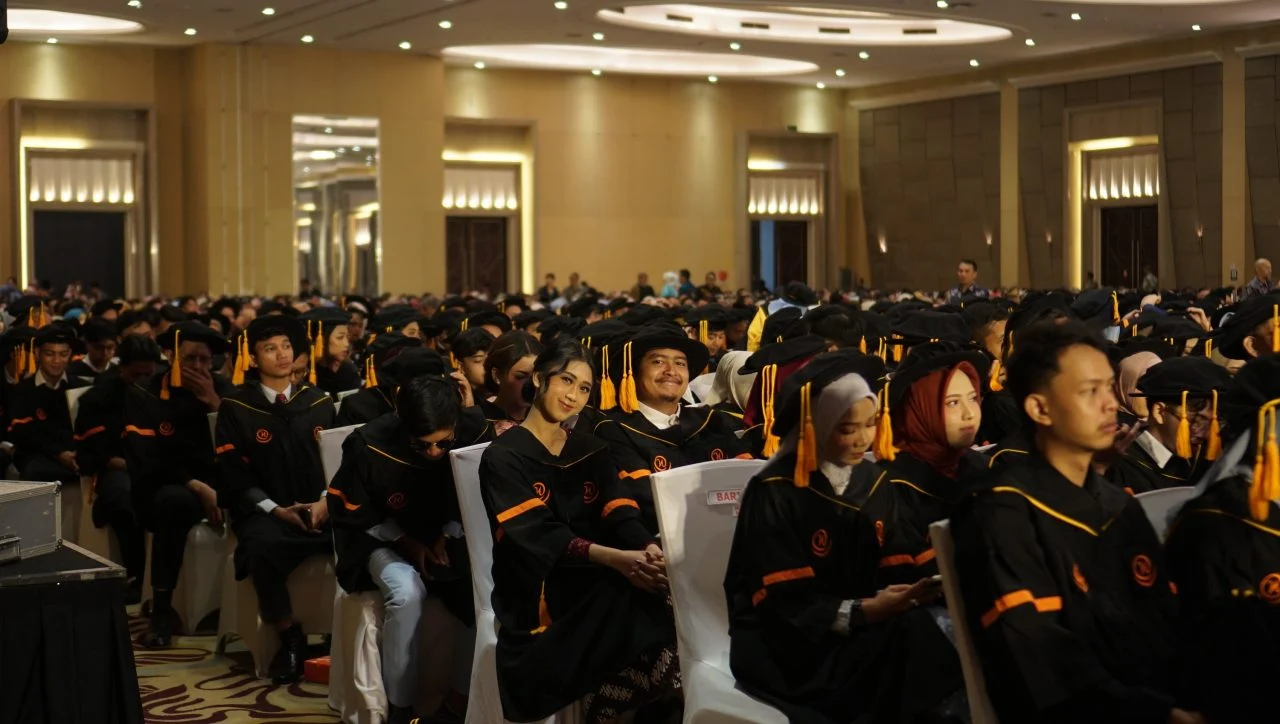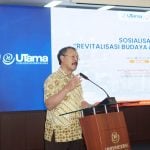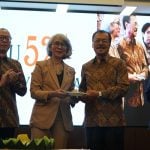One of the steps frequently taken by universities to ensure their curriculum remains relevant is periodic curriculum reorientation.
For instance, Universitas Widyatama regularly evaluates and adjusts its curriculum to ensure that the materials taught align with the needs of the Business and Industrial World (DU/DI).
This was conveyed by the Rector of Universitas Widyatama, Prof. Dr. H. Dadang Suganda, M.Hum, during the first graduation ceremony of the 2024/2025 academic year, where a total of 1,018 graduates successfully completed their studies.
Prof. Dadang explained that Universitas Widyatama is currently undergoing a transition period, focusing primarily on monitoring the development of academic policies.
One of the strategic steps taken by the university is improving the quality of study programs (Prodi) and the quality of graduates to better prepare them to face challenges in the industrial world.
“We have reoriented the curriculum based on test results, suggestions from alumni, and input from various parties currently working in various professions,” he explained at Harris Hotel and Convention, Bandung City, on Saturday (11/23/2024).
Prof. Dadang also emphasized the importance of this collaboration to continually adapt the curriculum to real-world needs.
The curriculum at Universitas Widyatama is continuously updated in line with the times. Changes are made every semester or even more frequently, if necessary, to ensure that lecturers and students receive knowledge relevant to current conditions.
Lecturers are also encouraged to continually update their knowledge through various sources, including internal grants provided by the university to support research and the development of science.
According to him, in a world that is becoming increasingly dynamic, knowledge gained on campus alone is not enough to face the challenges of the professional world.
Therefore, experiences outside of campus also serve as an essential asset for graduates.
“The knowledge you gain on campus may not be perfect, as many developments occur in the outside world. However, experiences outside of campus will enrich your insights and skills,” he stated.
He mentioned that, based on internal surveys, the average time it takes for graduates to secure a job is three months.
Hence, he emphasized the importance of showcasing abilities in both hard skills and soft skills, as well as achievements that can elevate personal standing.
Prof. Dadang asserted that alumni achievements would reflect the quality of the university itself.
“The professional world now prioritizes skills over merely having a diploma. Therefore, we have prepared a curriculum that accommodates the needs of the working world, ensuring our graduates are familiar with the demands of the industrial world,” he added.
He further noted that the university has established partnerships with various industries, including government, private sectors, and communities. This aims to ensure that graduates are well-absorbed into the workforce.
“Success is not always linear with what we learn on campus, but rather with the ability to adapt and grow in the real world,” he concluded. (*)





